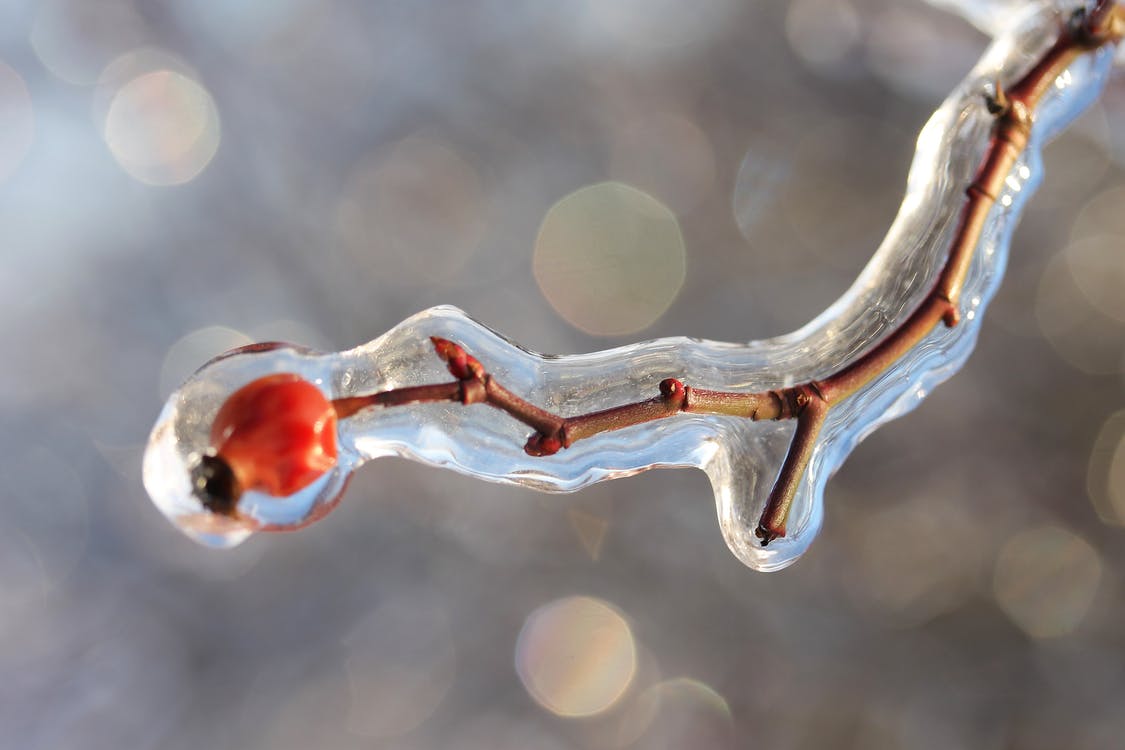A burst pipe in your home is not a good occurrence. It could lead to flooding, property damage and forced abandonment of the home. Oklahoma gets its fair share of winter weather but pipe ruptures could happen at any time of the year. However, during the winter these chances often increase. So, during this cold time of year, remember to take steps ahead of extreme cold to protect your pipes.
this cold time of year, remember to take steps ahead of extreme cold to protect your pipes.
Why Pipes Freeze
Exposed pipes do not have the insulation of other piping. Extreme cold air outside the pipes could cause the water inside to freeze into ice. As it freezes, water will expand. The expansion could put too much pressure on the structure of your pipes. The pipes might burst when they can no longer withstand the pressure. Once the rupture occurs, it might allow water to freely flow out of the pipes and flood the surrounding area.
Preventing Burst Pipes
Pipes might burst both inside and outside your home. Regardless of where it happens, the changes for damage remain. Flooding could damage the home’s structure, furnishings and your personal belongings. It might lead to mold development, contamination and pest encroachment. These are inconveniences that no one wants to experience.
Homeowners must take steps to keep the risks of burst pipes low. There are many ways that responsible property owners can prevent pipe freezes.
- The greatest risk for frozen pipes often occurs during long periods when the temperature stays around or below freezing. Pay attention to the weather forecast and the instructions of your local authorities. If a freeze warning occurs, some locations warn residents to protect their pipes.
- Have an annual inspection of your home’s plumbing. Mechanics should look at both indoor and outside plumbing for signs of weaknesses. If you notice leaks or problems with water pressure, immediately contact a plumber.
- Know where freeze risks are in your home. A frozen pipe could occur anywhere in the right conditions. However, underground or wall-insulated pipes have a much lower risk of freezing. Exposed piping, such as that above ground or around appliances, often has a higher freeze risk.
- It is much harder for moving water to freeze. During the coldest periods, keep a small stream of water in your pipes. Often, a very slow drip can keep water moving through your plumbing.
- Consider wrapping portions of exposed pipes with cloth or other safe insulation. This can help keep warmth within the pipes.
If you experience a burst pipe, immediately contact your plumber. Then, contact your homeowner's insurance agent. Many homeowner's policies will cover damage from burst pipes. However, they still might limit situations in which policyholders can receive coverage. For more information on your homeowners coverage, talk to one of our agents today at 405.224.1000 or 800.274.2288.
Additional Reading: What is Replacement Cost in Terms of Home Insurance